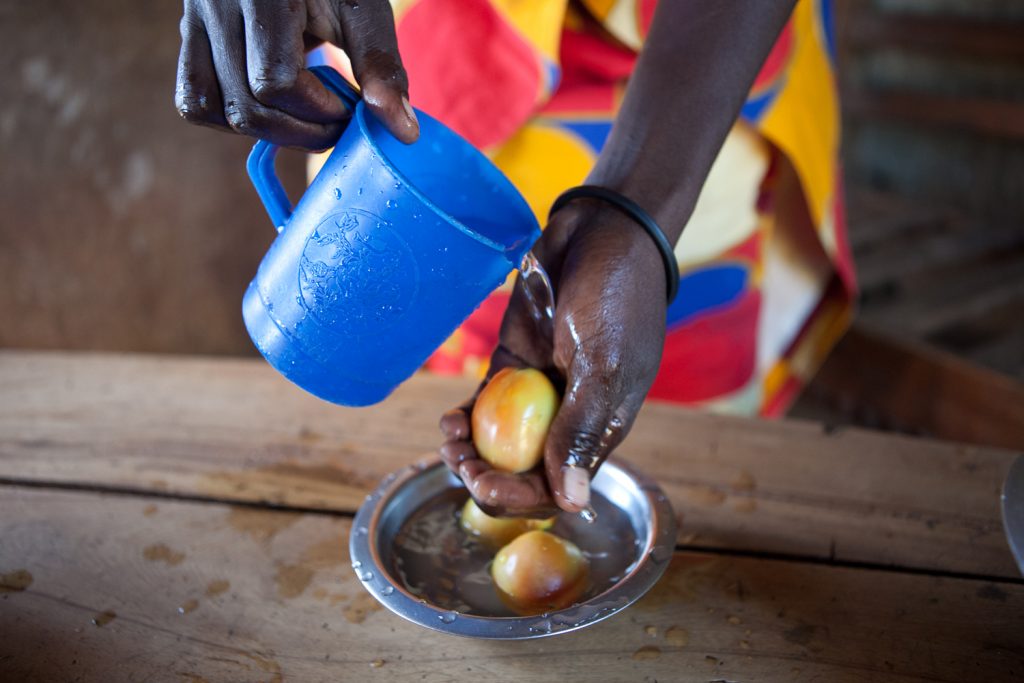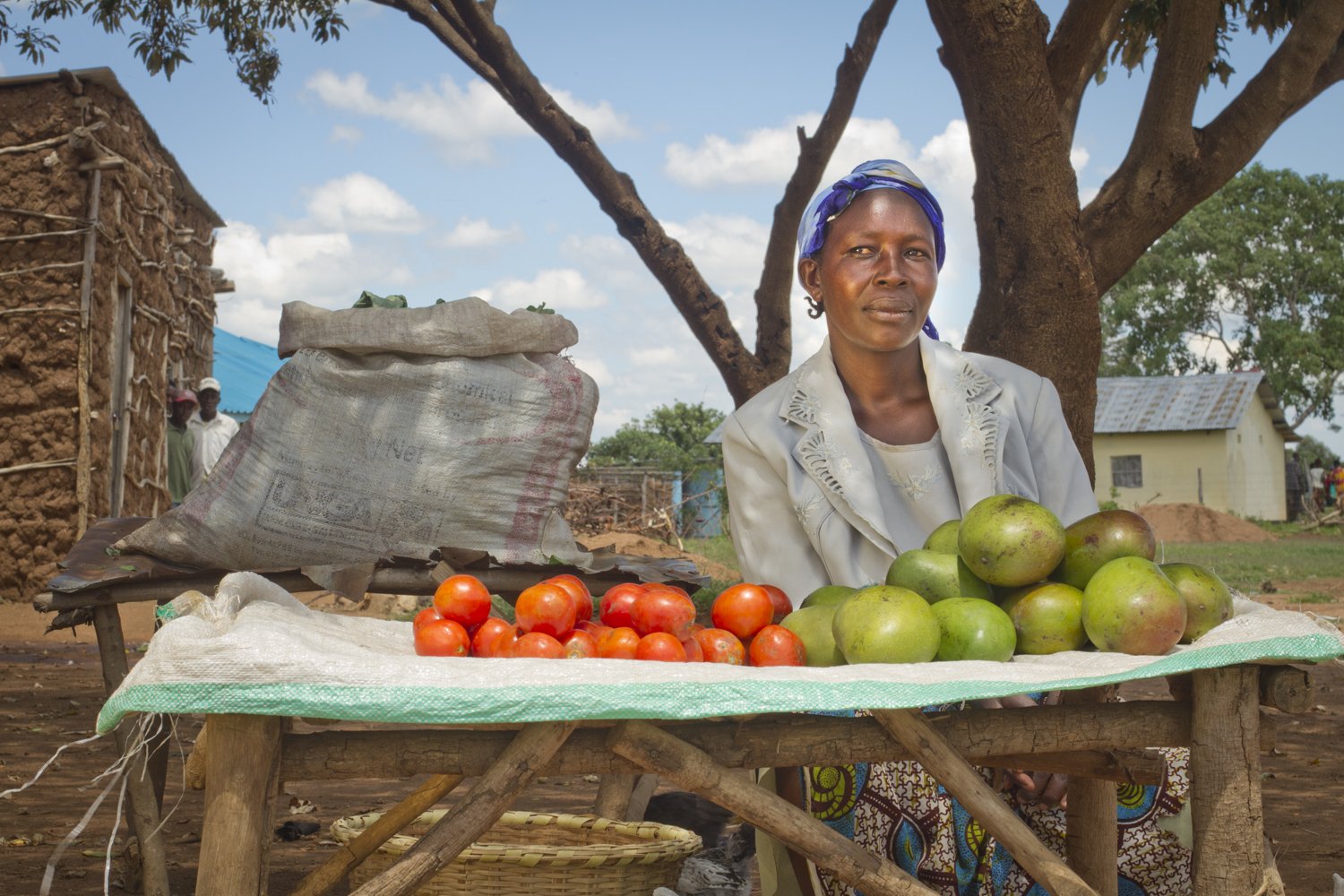Today is World Food Day, a day set aside by the United Nations to acknowledge the vital importance and the undeniable fragility of food systems around the world. Nuru is among many organizations and businesses that are reflecting on the world’s complex relationship with food, water, and soil.
COVID-19 And Impacted Food Systems
The advent of COVID-19 made consumers around the world painfully aware of the fragility of the supply chains upon which they depend for daily necessities and comforts. Grocery shelves and marketplace bins became sparse, seemingly overnight, prompting concern worldwide. While the supply chain disruptions experienced by US consumers have mostly normalized, the already vulnerable communities Nuru serves continue to see shortages in their markets. A year and half into the pandemic, food prices are now 33% higher than they were a year ago, representing the highest “real” (adjusted for inflation) food prices since the 1973 global oil crisis (FAO). The cost of oil in the same countries is also rising rapidly, further driving the costs of both food production and transportation. In northern Nigeria and the Tigray Region of Ethiopia, increasing conflict compounds this confluence of shocks, crippling already-weakened food systems and growing the risk of famine.

Food Systems Rely on Local Leadership
At Nuru, we believe that sustainable and resilient food systems must rely on farmers, local community leaders, and entrepreneurial activity. Building the capacity of farmers and farmer-led cooperatives is not only an investment in families and communities but an investment in the vital food systems upon which the entire globe is built. Nuru-supported farmer cooperatives provide the vital mechanisms for sustaining impact, stabilizing food systems, and creating economic stability and prosperity. The pandemic and conflict dynamics required Nuru to specialize in adaptive management by shifting work plans to accommodate local mandates, movement restrictions, and states of emergency. Thanks to local leadership and creative problem-solving, Nuru was able to successfully continue its efforts. Nuru supports sustainable food systems that increase incomes and yields, increase financial inclusion, enhance nutrition, and build resilience to climate change and support strong agribusiness cooperatives.*
Nuru is honored to support the creation of food systems that generate better production, better nutrition, a better environment and a better life for the most vulnerable and marginalized rural households. We hope that today, on World Food Day, you will take a critical look at how you interact with your own community and food systems and discuss the types of actions that fit your lifestyle and livelihood. One-size-fits-all solutions will not generate the sustainable and resilient food systems we seek. Sustainable and resilient food systems begin with local leadership all over the globe.


